|
Today you will be working within your team. Using the Argumentative Speech/Debate Rubric, you and your team will evaluate a few samples of claims and counterclaims (file is in your WH Drop folder). This will help you become more familiar with the assessment rubric, as well as see various ways to effectively write claims and counterclaims and see how the 2 are linked together to support the claim while also providing a more neutral tone in an argument as this will appeal to an audience or reader's logos. Afterwards, you will begin working on drafting a claim and a counterclaim -- as well as other main parts of a potential argumentative speech in preparation for your team's upcoming debate. Helpful Resources for Today's Class
Team Peer Feedback: |
| | |
Helpful Resources:
Use the following resources for research:
- Mr. Bisset’s WWI Presentation
- WWI BBC Documentary (video)
- BBC World - WWI: http://www.bbc.com/ww1
- 37 Days - “The countdown to WWI”: http://www.bbc.co.uk/timelines/zgy334j#z99887h
- How close did the world come to peace in 1914?”: http://www.bbc.co.uk/guides/z26bjxs
- 100 Inventions of WWI: http://online.wsj.com/ww1/
- World History Textbook Chapter 29, "The Great War"
- Human Story CH. 17: "We Wage War to End War" by James C. Davis
- Mini-DBQ Packet of documents (PDF)
- WWI - Short and Long-term Causes (PDF Doc)
- WWI: “The war that changed everything” - Google Doc
- WWI Map Comparison
- “Crisis and Conflict” Reading Packet - PDF (pgs. 4-13 are most relevant)
- “Europe at the Beginning of WWI” - Google Doc
- The Origins of WWI, MIT Press (PDF)
- “The New History of WWI and What it Means for International Relations Theory” (MIT Press)
- “Colonial Folly, European Suicide: Why World War One Was Such a Bloodbath” - NYTimes article
- Historians Opinions - Causes of WWI (compiled by Doug Behse)
- Explosive Material for WWI (PDF graphic)
- Causes of WWI Assessment Prep (PDF with primary sources) Note: Ignore the “assessment” instructions --this is taken from an IB assessment. This is shared for the purpose of providing sources for evidence.
HW: Debate Prep - Continue taking notes on Causes of WWI
But first, you must research!
To be ready to work on the DBQ, students should have completed the homework, Steps #1-2.
For Step #1: students should have found a primary or secondary source stimulus (political cartoon, photo, letter, speech, map, graph, etc.) representing Nationalism prior to 1914. There should also be a note added to provide needed context for understanding the stimulus and how it helps illustrate that nationalism was an underlying cause of WWI. Source information should also be provided. Students should have completed the OPVL for this source prior to coming to today's class.
For Step #2: students should have started to develop some questions they could ask to guide someone's analysis of the stimulus to deepen their understanding of nationalism as an underlying cause of WWI.
In class today, you will work with a group to give and receive feedback on Steps #1-2.
You will then complete steps #3-4 during class today.
Helpful Links for today's tasks:
Exemplars of DBQ Tasks:
HW: Study for WWI Vocab & Who's Who Formative Quiz
Short formative Vocab Quiz on WWI Next class!
- Use this Quizlet Flashcard set to study the specific vocabulary you need to know.
- Read World History Textbook Chapter 29, "The Great War" (pgs. 838 - 862) to familiarize yourself with the context and to gain a deeper understanding of World War 1 (this will also help you prepare for the upcoming formative debate on WWI)
Group Task: Find the missing cause
Helpful Links for this week's tasks:
Individual Class Task: Complete Task #1 Find a Source for "Document G"; Complete OPVL
HW: Complete Task #2
Check-in:
M.A.I.N. Causes of WWI and relevancy in the world today?
This will also involve a quick look at current events/news.
Class Focus Question:
"Are we more war-like --or-- are we more peaceful?"
Helpful Links for Today's Class:
- War or Peace? Class Presentation (Google Slides)
- You will be reading an article "War or Peace" and discussing the article.
- You will discuss within your small group after you've had a chance to form your own ideas.
- You will use text evidence from the article to form a an argumentative position (viewpoint) about human nature and whether we tend to be more warlike or peaceful.
- You will conduct a brief Google search for any articles, quotes or sources that help support your viewpoint
- You will spend 15 minutes in a writing exercise to explain your viewpoint and use text evidence to support your ideas. This will be typed in SeeSaw.
"ARE WE MORE WARLIKE OR MORE PEACEFUL"?
"Everyone has an opinion about whether we are peaceful or warlike. It matters." - David Barash
- After reading and discussing the article "War or Peace" by David Barash, and after a brief search for any further examples that support your own viewpoint on this topic, please spend 10 minutes summarizing your view on whether we (humans) are indeed more warlike -- or more peaceful. Use text evidence from the article (and any other information you find in your brief search) to support your views. You may also use any other examples (personal, current events, historical) to support your views as well.
Afterwards, take 5 minutes to read through other students' responses on SeeSaw and respond to at least 2 other student's responses: - 1 follow up response to a student that has a similar viewpoint to yours
- 1 follow up response to a student that has an either an opposing viewpoint to your own views--or a different degree of opinion (think of the spectrum/line activity in class).
- Remember, we learn both from those who share our viewpoints as well as learn from others with different viewpoints
HW: READ "PEACE & CONFLICT"; Answer 2 questions
Read "Peace and Conflict" chapter (PDF) and take notes in your Unit 3 Notes Document. Notes should be specific evidence to help you answer the following 2 questions (these are the 2 guiding questions of the text you will read for HW):
- What causes conflict and why do conflicts persist around the globe?
- How can we be involved in efforts to decrease conflict and increase peace?
HW Source: Jacob, Sheeba, et. al., Chapter 15 “Peace and Conflict”, Exploring Global Issues: Social, Economic and Environmental Interconnections, Facing the Future, 2013, pp. 267 - 283.
Mrs. Stewart's Course
You'll find a daily agenda posted here for each day that class meets
Archives
May 2020
April 2020
March 2020
February 2020
January 2020
December 2019
November 2019
October 2019
September 2019
August 2019
May 2019
April 2019
March 2019
February 2019
January 2019
December 2018
November 2018
October 2018
September 2018
August 2018
May 2018
April 2018
March 2018
February 2018
January 2018
December 2017
November 2017
October 2017
September 2017
August 2017
May 2017
April 2017
March 2017
February 2017
January 2017
December 2016
November 2016
October 2016
September 2016
August 2016
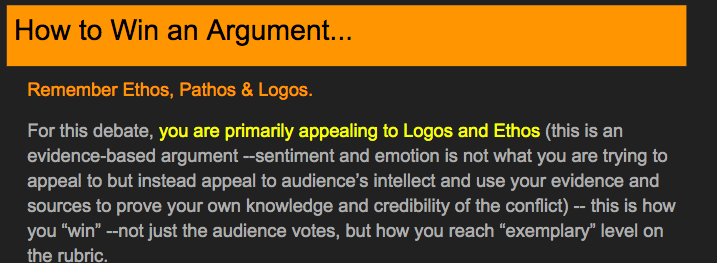

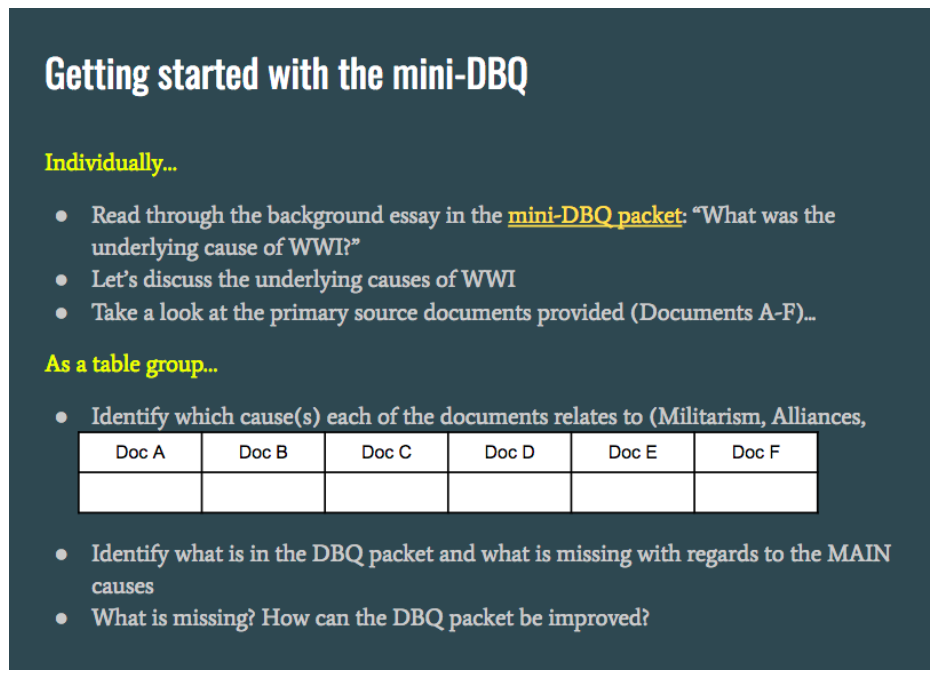
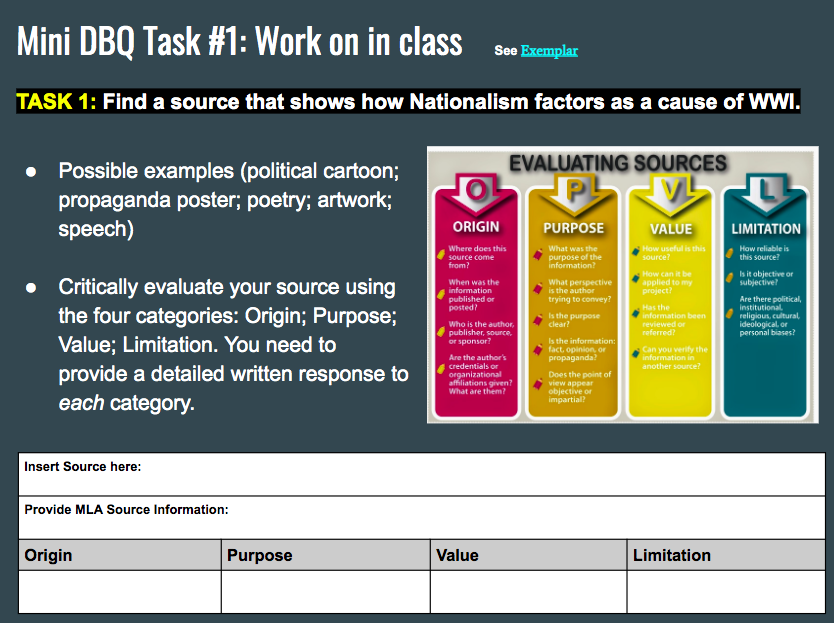
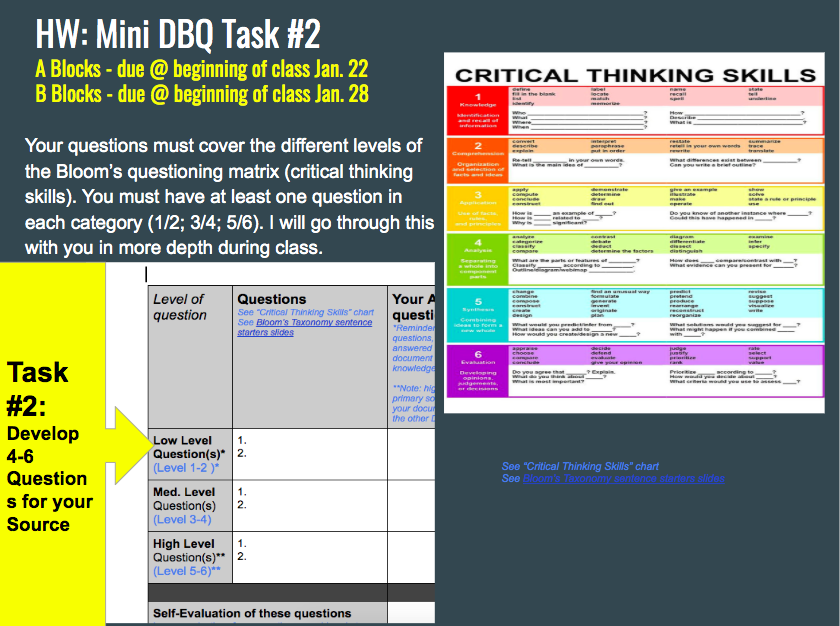
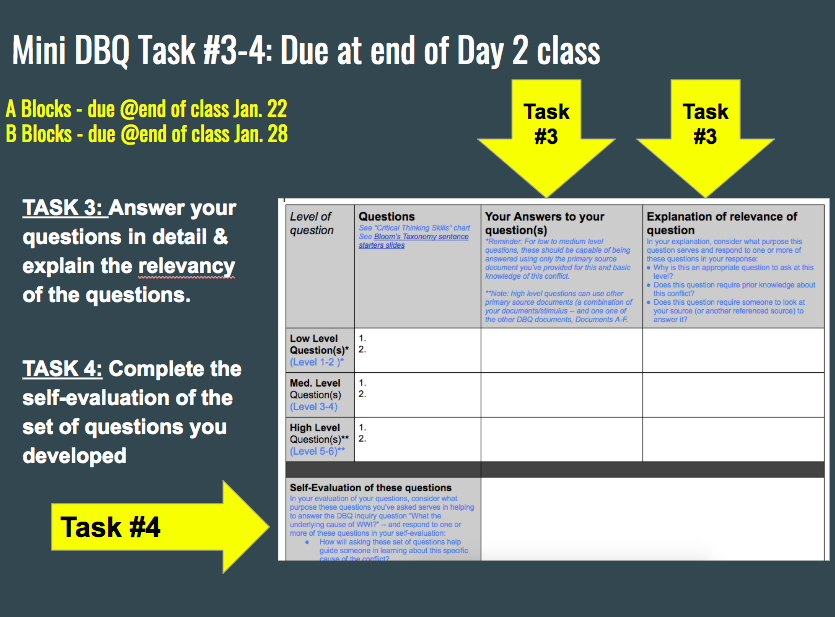
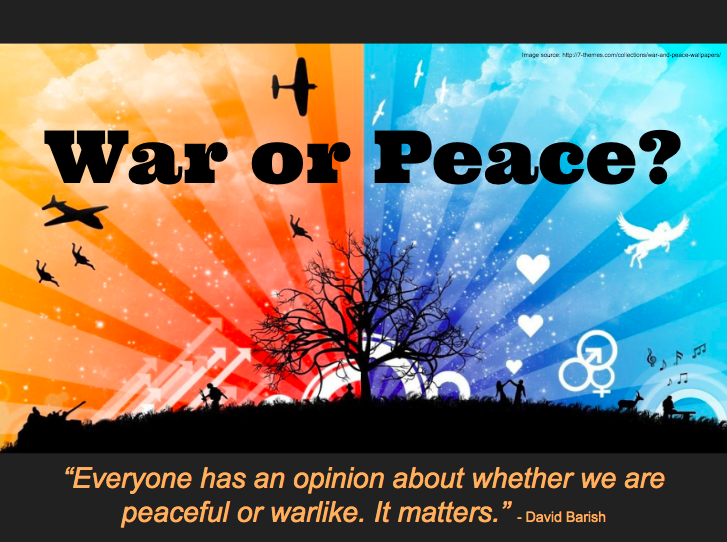
 RSS Feed
RSS Feed